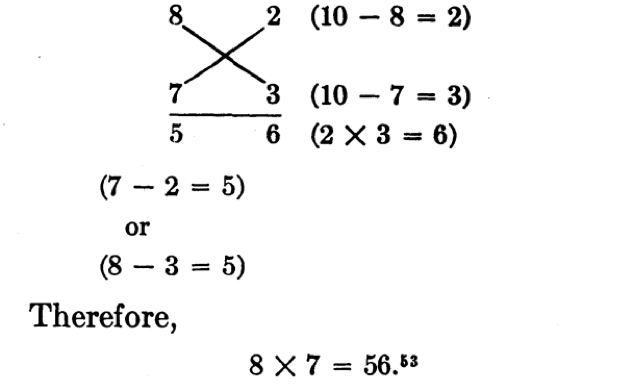Assignment 1: Ahmes' Loaves & Self Reflection
I am glad that I could collaborate with Aakriti and Nancy to exhibit our work in front of our classmates and demonstrate Ahmes' Loaves problem both in modern and ancient approaches. For me, as a teacher candidate in the subject of mathematics, the assignment is a process of experiencing the wisdom of ancient mathematicians who was able to solve "pure" mathematical problems without relying on algebra, thus broadening my horizon.

By researching into the terminology of false position or regula falsi, we started our journey of exploring how ancient Egyptians solve an arithmetic problem.
Ahmes' Loaves Problem [1]
It did not take too much time for us to solve the problem by using modern algebraic solution. We let d be the common difference of the arithmetical progression and expressed each term in terms of d. By establishing an equation based on the second condition given by the question, we quickly obtained the common difference which is equal to 55/6.
However, it was not easy for us to invent a solution without the help of algebra. If Ahmes' hint was not given, we would not even know how to start working on the question. Admittedly, algebra is a crucial invention in the history of mathematics, but we have relied too much on it since we learned it in our secondary schools; we are losing the diversity of mathematical problem-solving skills. Therefore, we realized that the assignment was a valuable opportunity for us to enrich our techniques in solving mathematical problems and enable us to incorporate the concept of false position or regula falsi into our teaching. For example, in terms of false position, the idea of looking for the correct answer by making a series of guesses can be utilized to estimate the solution of f(x)=0.
The solution of f(x)=0, can be approximated by making an initial guess of f(a)<0, meanwhile, looking for f(b)>0, thus the solution x is between a and b [2].
[1] Olivastro, D. (1993). Ancient puzzles: Classic brainteasers and other timeless mathematical games of the last 10 centuries. Bantam Books.


Comments
Post a Comment